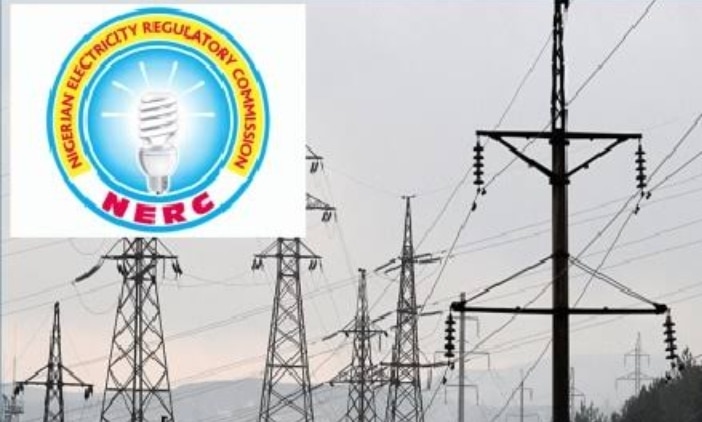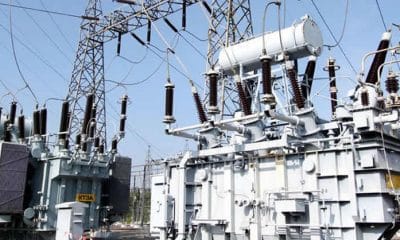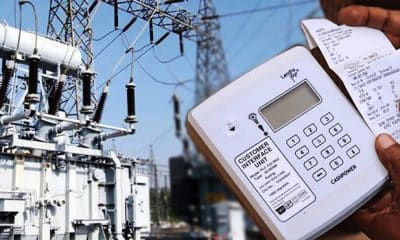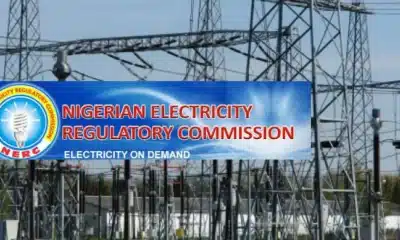Business
Tinubu Govt Confirms Drop In Electricity Generation

A report by a Federal Government agency, the Nigerian Electricity Regulatory Commission (NERC), has confirmed that Nigeria’s available electricity generation capacity has dropped by 2,324.
The report claimed that the electricity generation capacity dropped due to, among other things, diminishing plant/unit capabilities and poor maintenance brought on by liquidity concerns.
The amount of electricity available declined by more than 2,300MW between 2015 and 2022, despite a minor rise in the country’s existing electricity generation capacity.
Since 2015, when the electricity generation companies were transferred to private investors, the installation and generating capacity of the power plants connected to the grid have increased, the NERC report claimed.
According to the report, as of December 2022, a total of 28 power plants, both privately and publicly owned, were running and connected to the grid.
The National Integrated Power Projects are being executed by the NDPHC, a special-purpose organization governed by the three tiers of government.
The NERC went on to state that even though it had continued to offer recommendations and regulatory help to solve the problems in the Nigeria Electricity Supply Industry (NESI), the daily average generation had continued to decrease.
The NERC report reads in parts, “The installed capacity in NESI (Nigeria Electricity Supply Industry) grew by 7.95 percent, from 12,132MW as of December 2015 to 13,097MW as of December 2022.
“During the same period, however, the average available capacity decreased by 2,324MW, from 6,401MW recorded in 2015 to 4,059MW in 2022.
“This is due to deteriorating plants/units’ capacities, poor maintenance due to liquidity challenge and access to forex (foreign exchange), non-binding contracts and delay payment, and introduction of stringent regulatory measure against the wrong declaration.”
The report added, “As of December 2022, 28 power plants were operational in NESI. The high number of generation plants and the opportunities created by various regulations allowing Discos (distribution companies) and large consumers to contract bilaterally and supported by the proposed exit of Nigerian Bulk Electricity Trading company from the market have somewhat improved the level of competition in that segment of the value chain.
“This does not include several embedded generators licensed by the commission and currently operating in NESI. Only eight of the grid-connected generation plants owned by the Niger Delta Power Holding Company Limited are yet to be privatized.”
It concluded, “The daily average generation of 3,892MWh/h recorded in 2022 was 9.42 per cent more than the daily average generation of 3,557MWh/h recorded in 2015.”








